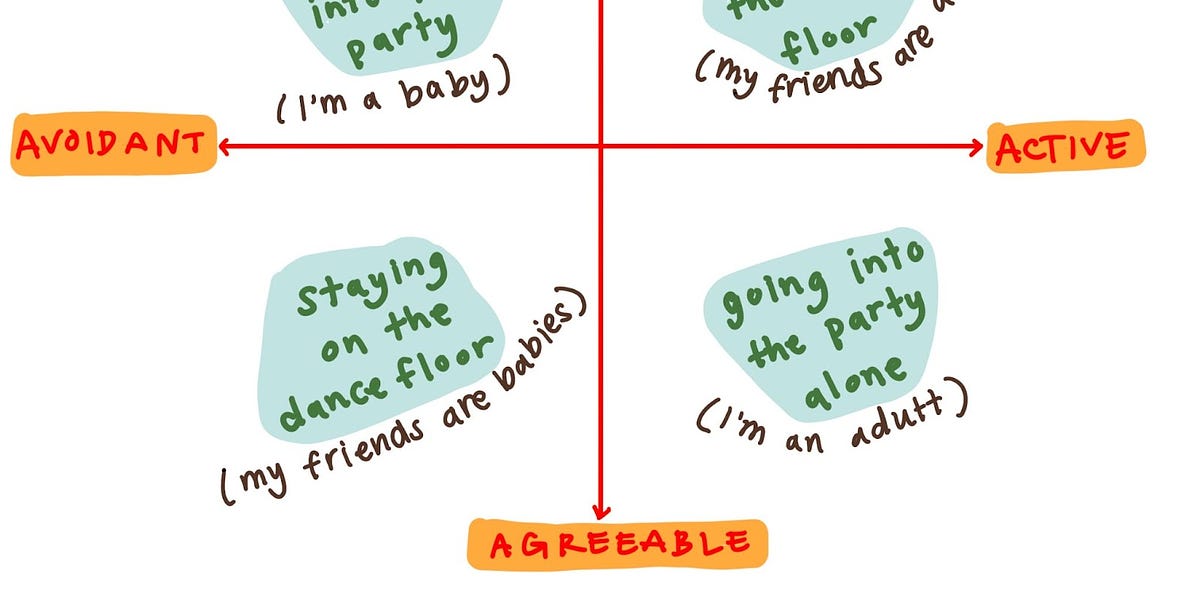The human cost of an Apple update
mail.google.com
The human cost of an Apple update


sari added
The negative side effects from this new way of living are too countless to list. We don’t have the patience for anything, let alone the slow unfolding of human emotion. Ask anyone on a dating app how that looks up close, how it plays out over time. Pundits lament that the global populace is enduring a plague of psychobabble that adds up to elaborat
... See moreOperating in the anxious space between notions of health and toxicity, relationship apps teach us ways of loving that privilege efficiency over depth, quantifiability over knowledge, and success over joy.
Keely Adler added
Keely Adler added


Keely Adler and added
sari added